Governor Ron DeSantis recently signed House Bill 197, implementing stricter regulations for massage parlors in Florida. The aim is to combat illegal activities such as human trafficking and prostitution. While this enhances safety, it will likely drive up the cost of massage services due to increased operational expenses.
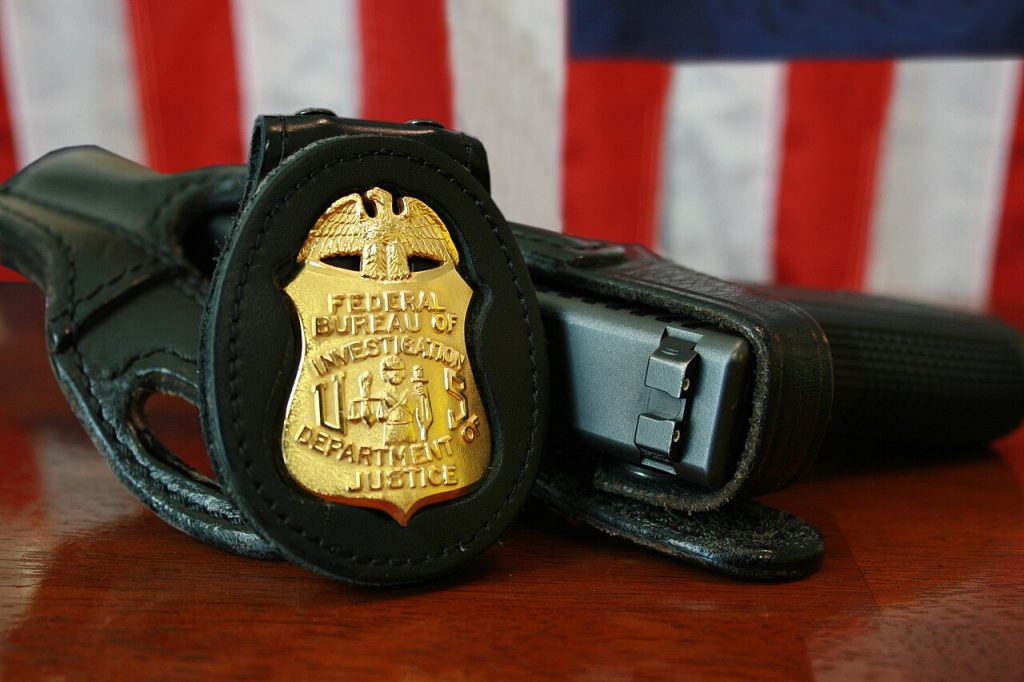
One key aspect of the law is mandatory comprehensive background checks for all 36,178 licensed massage therapists and employees in Florida. This requirement ensures that individuals with criminal histories are excluded from the industry. However, it also introduces significant administrative costs for businesses, which may be passed on to consumers.
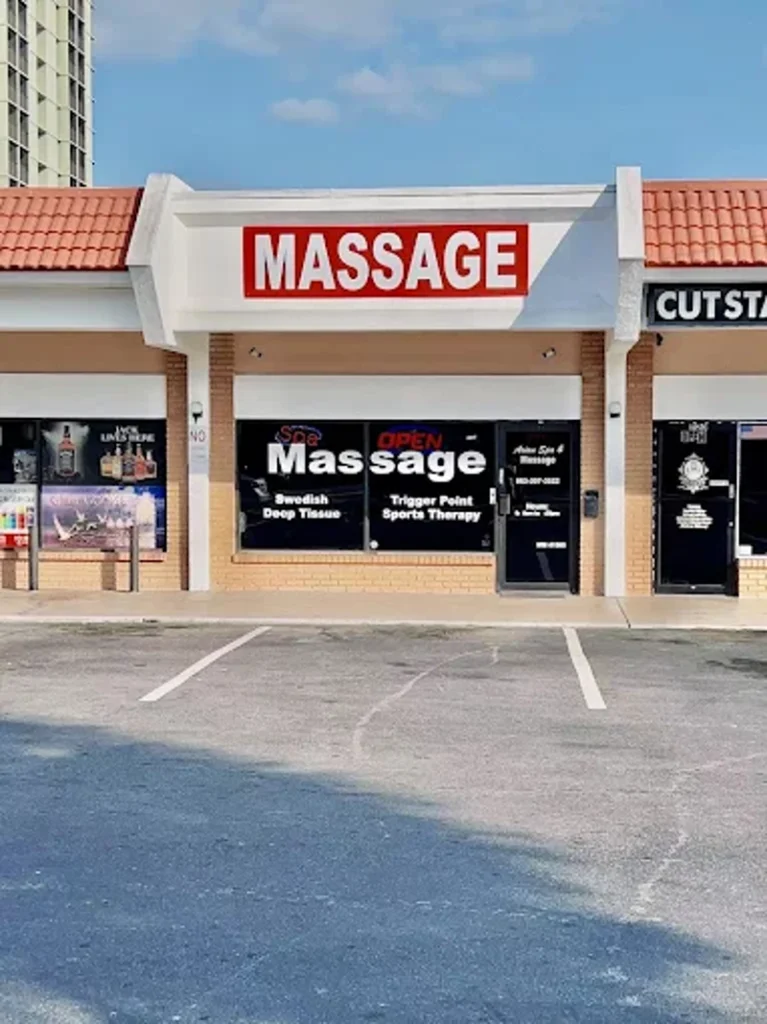
The law also mandates detailed record-keeping for all 8,966 licensed massage establishments in Florida. This aims to increase transparency but requires additional resources and staff, driving up operational costs. Regular inspections by state authorities will ensure compliance, but businesses may incur fees for violations, adding to their financial burden.

The immediate suspension of licenses if any employee is arrested for serious crimes is another significant aspect. This provision, while crucial for public safety, poses a risk for business continuity. Establishments may face temporary closures or permanent loss of licenses, affecting their revenue and increasing legal costs.
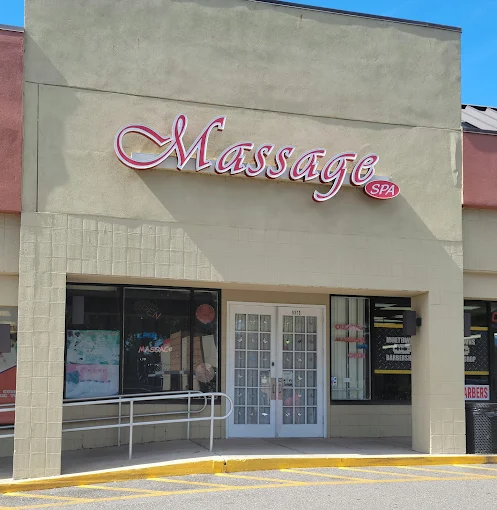
To comply with the new regulations, massage parlors will need to invest in training programs for their staff. While beneficial for professional development, this represents another expense. As businesses incur higher costs for compliance, these expenses will likely be passed on to consumers, resulting in higher prices for massage services.
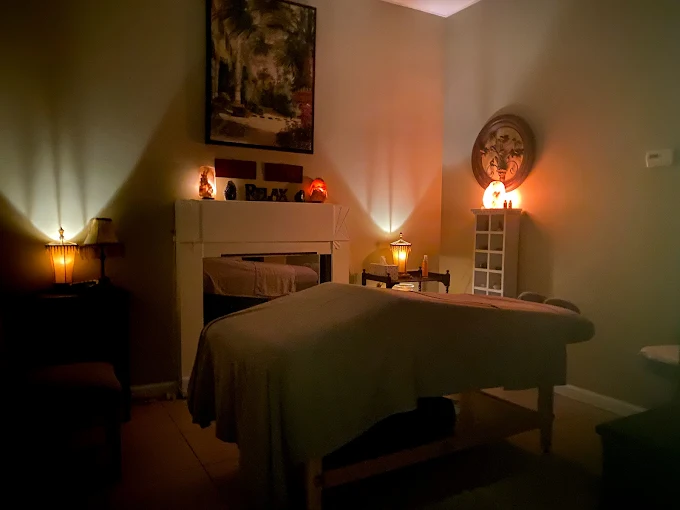
Applicants for massage licenses, who submit an initial licensure application to the department for a profession that requires background screening must submit fingerprints electronically through a service provider approved by the Florida Department of Law Enforcement (FDLE). This additional step in the licensing process ensures thorough vetting but adds to the administrative burden and cost.
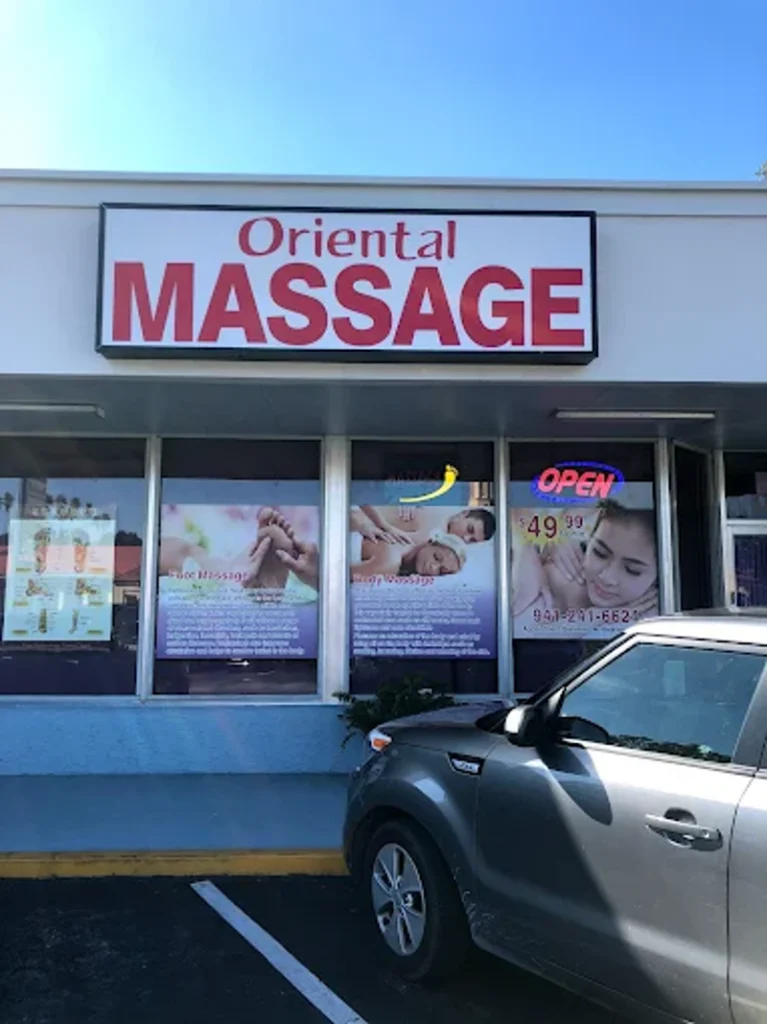
The cost of obtaining a massage license in Florida includes a non-refundable application fee of $50.00, an initial licensing fee of $100.00, and an unlicensed activity fee of $5.00, totaling $155.00. For the 36,178 licensed massage therapists in Florida, this totals to approximately $5,607,590 annually just for licensing.
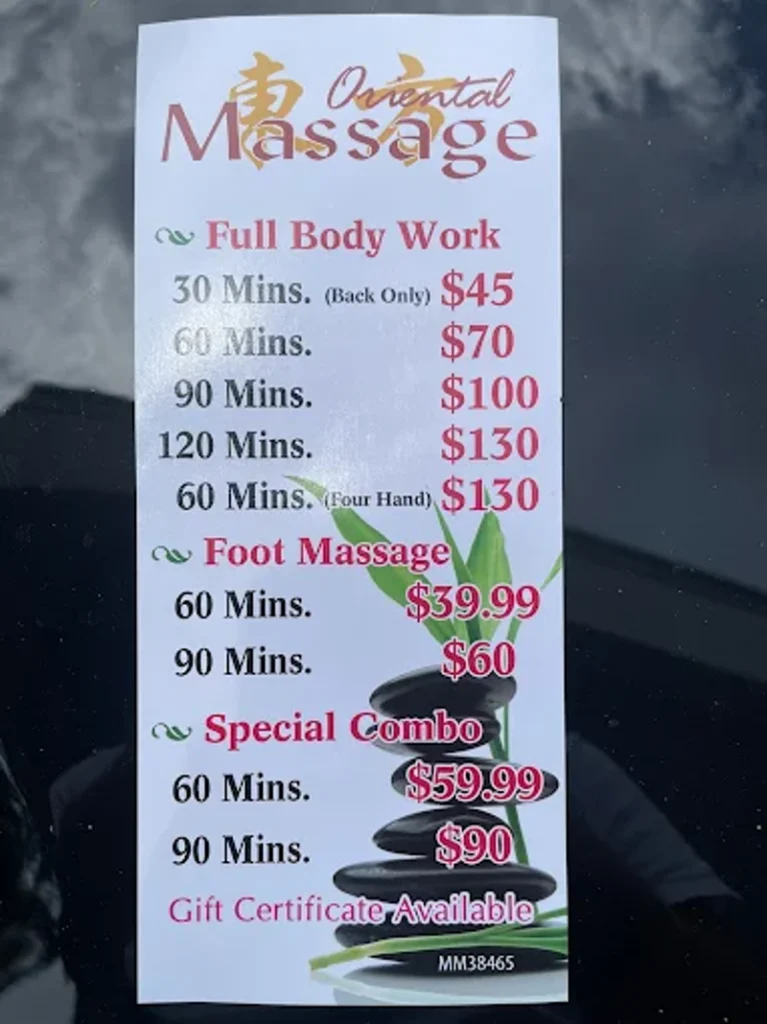
A relevant example of how regulating black market activities can increase costs is the tobacco industry. Strict regulations on the sale and advertising of tobacco products, along with taxes imposed to curb smoking, have significantly increased the price of cigarettes. While these measures aim to reduce smoking rates and improve public health, they also make legal tobacco products more expensive.
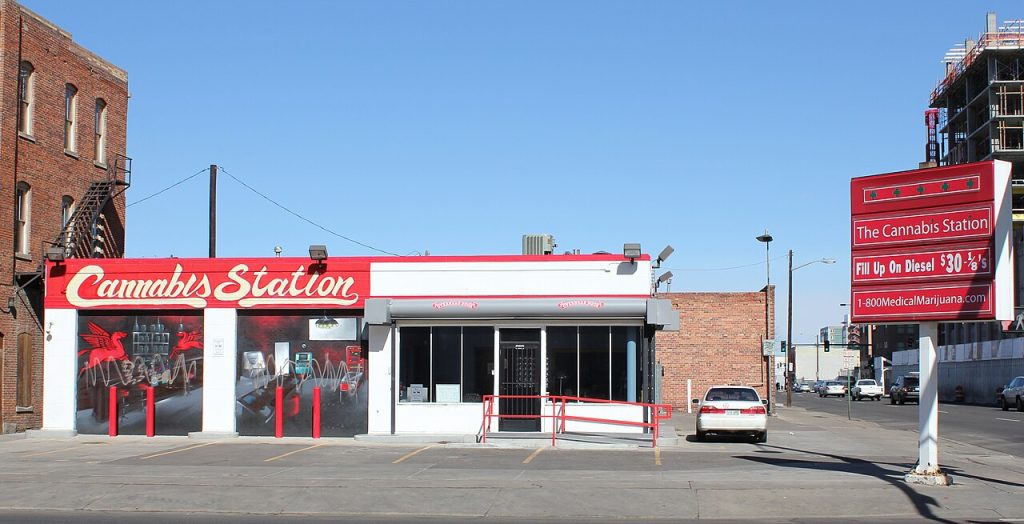
Similarly, the legalization and regulation of marijuana in several states have led to increased prices. Legal dispensaries must adhere to stringent regulations, including quality control, security measures, and taxation. These compliance costs are often reflected in the price of marijuana products, making them more expensive than their black-market counterparts.
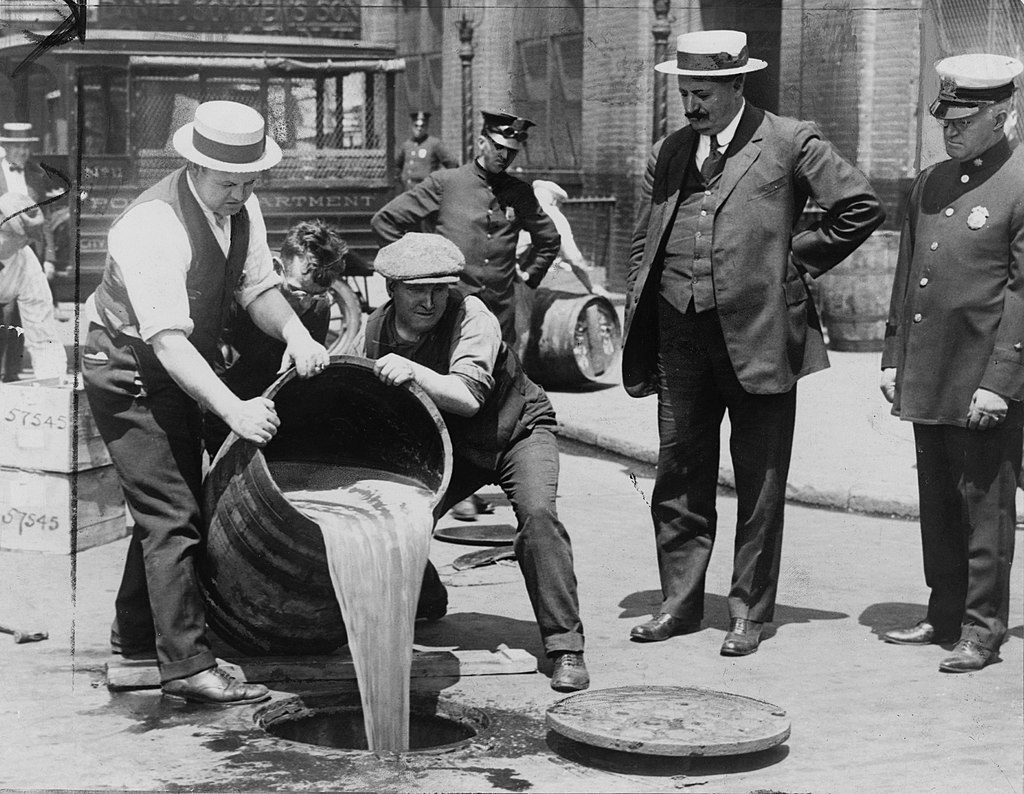
Another example is the regulation of alcohol during Prohibition in the 1920s. The black market for alcohol flourished due to the ban, and prices for illegal alcohol soared. When Prohibition ended and alcohol became legal again, the government imposed taxes and regulations, which increased the cost of legal alcohol. These measures were intended to control consumption and generate revenue but also made alcohol more expensive.

While Governor DeSantis’ new law aims to eliminate illegal activities and enhance safety in Florida’s massage parlors, it introduces a range of compliance costs that will likely lead to higher prices for massage services. Businesses must navigate these challenges carefully to remain compliant while managing the financial impact, similar to other industries that have faced increased costs due to regulation.





